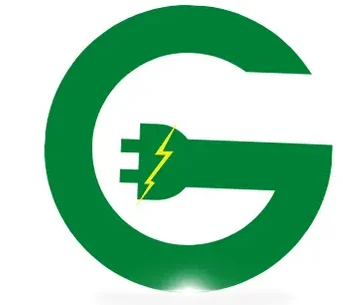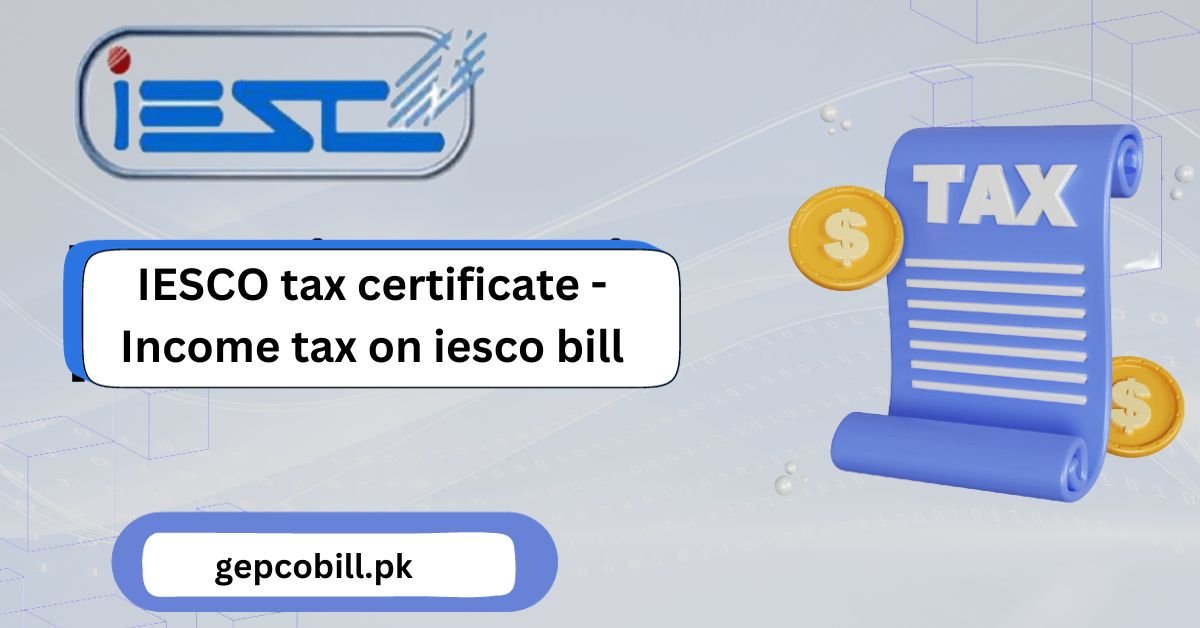Welcome to my blog post. The purpose of today’s article is to provide you with a comprehensive guide on the IESCO tax certificate.
The article covers topics such as income tax, meter rent, fixed charges, and other taxes and surcharges. We will delve into the basic information about IESCO bill taxes and charges, shedding light on their purpose and significance. Let’s Start.
IESCO textile
IESCO Texila refers to the Islamabad Electric Supply Company’s service in the city of Taxila.
IESCO withholding tax certificate download
To download an IESCO withholding tax certificate, visit the official IESCO website or contact their customer service for guidance and access to the necessary form or portal.
IESCO tax certificate deduction
The IESCO (Islamabad Electric Supply Company) bill is an essential document for electricity consumers in the Islamabad Capital Territory and its adjoining areas. While the primary purpose of the bill is to reflect the electricity consumption and the associated costs, it also includes various taxes and charges that contribute to the final amount due.
IESCO Tax – IESCO Charge On Electricity Bill
Taxes constitute a significant portion of the IESCO bill and are imposed by the government. The two primary taxes included in the bill are: Understand the components: Examine your bill to identify the different components mentioned. The bill typically includes the following sections:
Electricity units consumed
This section provides information on the number of electricity units you have consumed during the billing period.
IESCO tariffs
Look for the tariff rates applicable to your electricity consumption. Different tariff slabs may exist for residential, commercial, or industrial customers.
Fixed charges
Identify any fixed charges or service fees mentioned on your bill. These charges are typically a fixed amount that customers need to pay regardless of their electricity usage.
Taxes and surcharges
Look for the section that mentions taxes and surcharges. The specific taxes applied to your IESCO bill may include the following:
General Sales Tax (GST)
The GST is a tax levied on the supply of goods and services. It is calculated as a percentage of the total bill amount and is collected by IESCO on behalf of the government.
Federal Excise Duty (FED)
The FED is an additional tax imposed on certain commodities and services. In the context of the IESCO bill, it is applicable to consumers falling within specific usage slabs.
Income tax on IESCO bill
If you are a non-filer or fall within a certain income tax bracket, an income tax charge may be applied to your bill.
Additional Charges on IESCO Bill:
Apart from taxes, there are additional charges included in the IESCO bill. These charges are meant to cover various costs associated with electricity distribution and maintenance. The commonly found charges are:
Meter Rent:
Meter rent is a fixed amount charged to consumers for the rental and maintenance of the electricity meter installed at their premises. It is a recurring monthly charge.
Tariff Adjustment:
Tariff adjustment is a component that reflects the difference between the actual cost of electricity generation and the amount recovered through the standard tariff rates. It helps in balancing the financial requirements of the power distribution company.
Fuel Adjustment Surcharge
The FAS is a charge levied to adjust for the fluctuating costs of fuel used in electricity generation. It accounts for the variations in fuel prices and is periodically adjusted to ensure fair cost recovery.
Neelum Jhelum Surcharge:
This surcharge is specific to consumers in the areas benefiting from the Neelum Jhelum hydroelectric power project. It helps in recovering the investment and operational costs of the project.
IESCO tax certificate Understanding the Impact:
The taxes and charges on the IESCO bill collectively contribute to the final amount that consumers need to pay. It is crucial to comprehend their impact on the overall bill to better manage personal finances. By understanding these components, consumers can evaluate their electricity usage patterns, identify areas of potential savings, and make informed decisions to minimize costs.
Conclusion:
The IESCO bill includes not just the cost of electricity but also different taxes and extra charges. Knowing why these are there helps consumers handle their bills better. Understanding the basics of IESCO bill charges lets you manage your money smarter and make informed decisions about energy use, giving you more control over your expenses.

